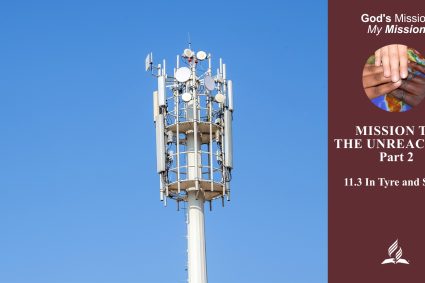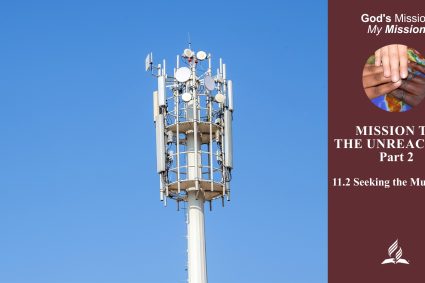

Here are important aspects of Jonah’s story and how they relate to false perspectives regarding God and mission work. Here are some thoughts on the key points:
-
Influences of the contemporary worldview: The commentary points out that Jonah was likely influenced by the traditional beliefs of his time, which viewed the seas as the realm of demons. This led to a misunderstanding of the nature of God and His sovereignty. It is important to recognize how cultural and religious backgrounds can influence our perception of God.
-
Realization of God’s sovereignty: Jonah learned in his own way that God rules sovereignly over all aspects of creation, including the sea and animals. This realization changed his worldview and led him to confess his guilt and acknowledge God’s providence. It reminds us that God’s sovereignty is not limited to a specific region or culture.
-
Misconceptions about mission and salvation: The commentary addresses significant misconceptions that people often have regarding missionary work and salvation. This includes the idea that success depends on us and that we can save people. It is crucial to understand that our role in mission is to bear witness, share God’s love, and sow seeds of truth. However, conversion and salvation are in God’s hands.
-
Collaborating with God: Lastly, it emphasizes that we are not in the role of the “savior” but rather that we collaborate with God in His work of salvation. We should fulfill our responsibility but also recognize that people’s hearts are ultimately touched and changed by God. Our task is to be tools in God’s hands and convey God’s love and message through our lives and testimony.
Jonah’s story provides valuable lessons about how false perspectives about God and mission can influence our decisions. We should strive to gain a deeper understanding of God’s sovereignty and humbly collaborate with Him in His work on Earth.
(Visited 42 times, 1 visits today)























